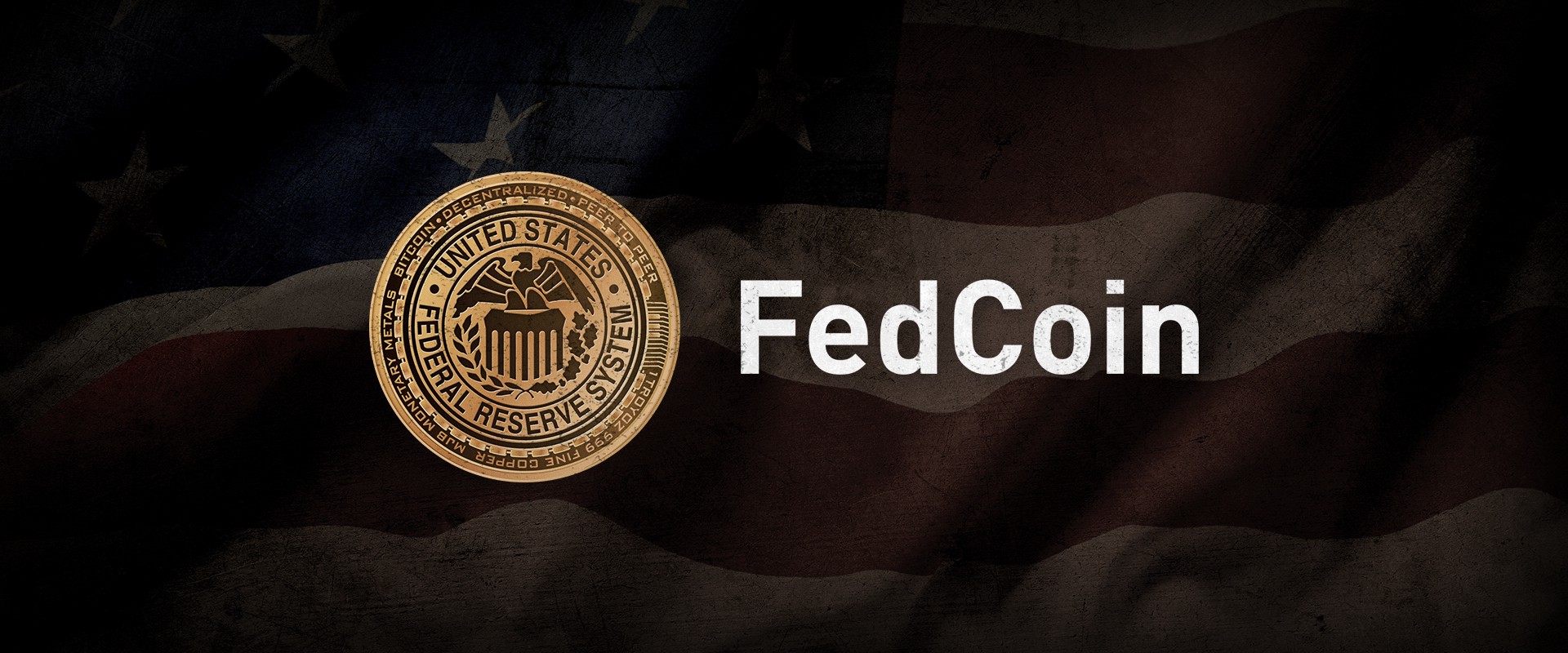PALO ALTO, Calif. (Reuters) - The Federal Reserve is taking a look at a broad series of concerns around digital payments and currencies, consisting of policy, design and legal considerations around possibly issuing its own digital currency, Governor Lael Brainard said on Wednesday. Brainard's remarks suggest more openness to the possibility of a Fed-issued digital coin than in the past." By changing payments, digitalization has the possible to provide higher worth and benefit at lower cost," Brainard stated at a conference on payments at the Stanford Graduate School of Organization.
Main banks internationally are discussing how to handle digital finance technology and the distributed ledger systems used by bitcoin, which promises near-instantaneous payment at potentially low expense. The Fed is establishing its own round-the-clock real-time payments and settlement service and is presently reviewing 200 remark letters submitted late last year about the proposed service's style and scope, Brainard stated.
Less than 2 years ago Brainard informed a conference fed coin in San Francisco that there is "no engaging showed need" for such a coin. But that was prior to the scope of Facebook's digital currency ambitions were widely known. Fed authorities, consisting of Brainard, have raised issues about consumer defenses and data and personal privacy threats that could be postured by a currency that might come into use by the third of the world's population that have Facebook accounts.
" We are teaming up with other reserve banks as we advance our understanding of reserve bank digital currencies," she stated. With more nations checking out providing their own digital currencies, Brainard stated, that adds to "a set of reasons to also be ensuring that we are that frontier of both research study and policy development." In the United States, Brainard said, issues that require research study include whether a digital currency would make the payments system much safer or easier, and whether it might posture monetary stability risks, consisting of the possibility of bank runs if cash can be turned "with a single swipe" into the reserve bank's digital currency.
To counter the monetary damage from America's unmatched nationwide lockdown, the Federal Reserve has actually taken extraordinary steps, including flooding the economy with dollars and investing straight in the economy. Most of these relocations received grudging acceptance even from lots of Fed skeptics, as they saw this stimulus as required and something just the Fed might do.
My brand-new CEI report, "Government-Run Payment Systems Are Risky at Any Speed: The Case Versus Fedcoin and FedNow," details the risks of the Fed's existing prepare for its FedNow real-time payment system, and proposals for central bank-issued cryptocurrency that have actually been called Fedcoin or the "digital dollar." In my report, I discuss issues about personal privacy, information security, currency control, and crowding out private-sector competitors and innovation.

Advocates of FedNow and Fedcoin state the federal government must produce a system for payments to deposit quickly, instead of encourage such systems in the personal sector by lifting regulative barriers. But as noted in the paper, the economic sector is providing a relatively limitless supply of payment technologies and digital currencies to fix the problemto the extent it is a problemof the time space between when a payment is sent and when it is gotten in a savings account.
And the examples of private-sector development in this location are many. The Cleaning House, a bank-held cooperative that has been routing interbank payments in various forms for more than 150 years, has actually been clearing real-time payments since 2017. By the end of 2018 it was covering half of the deposit base in the U.S.